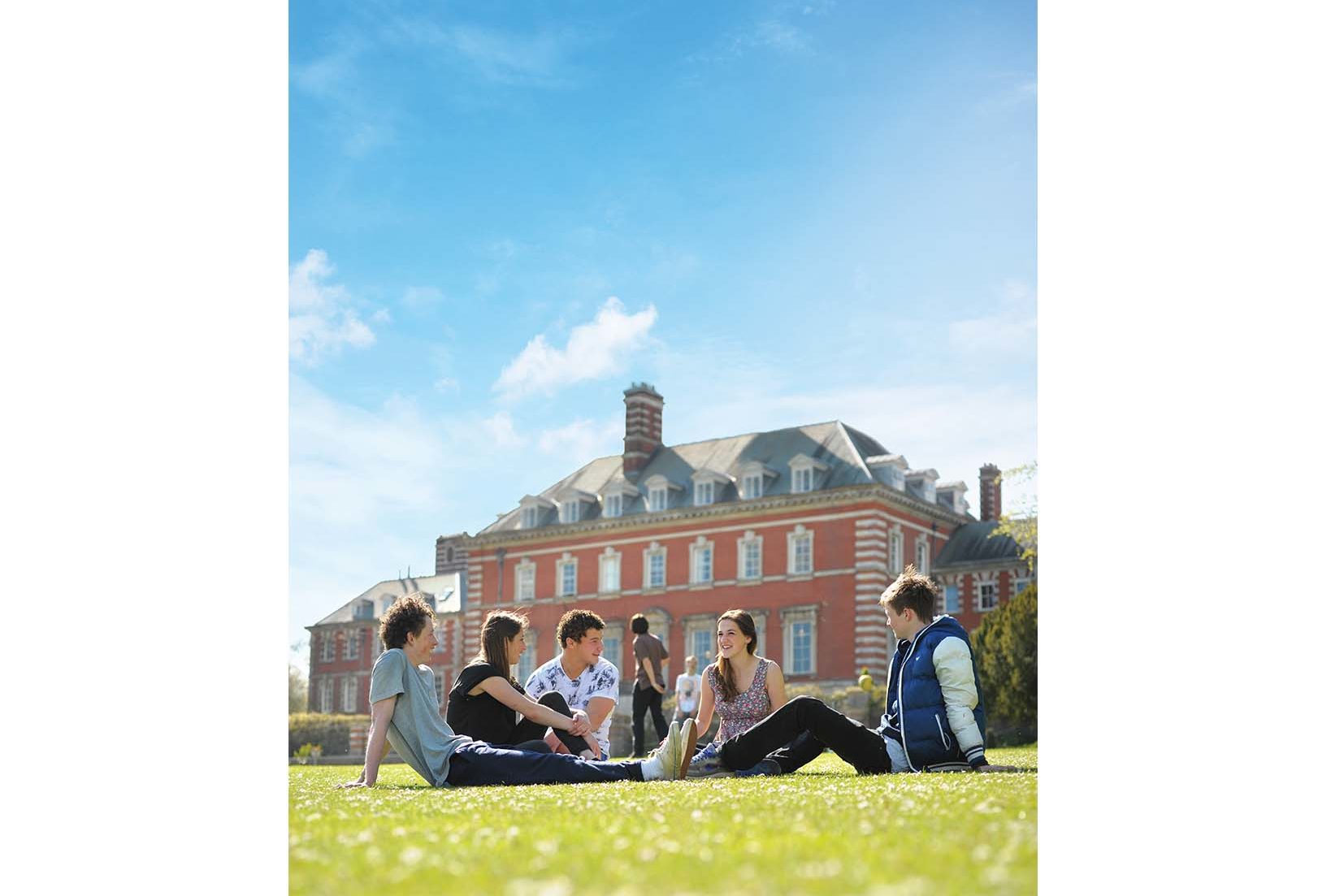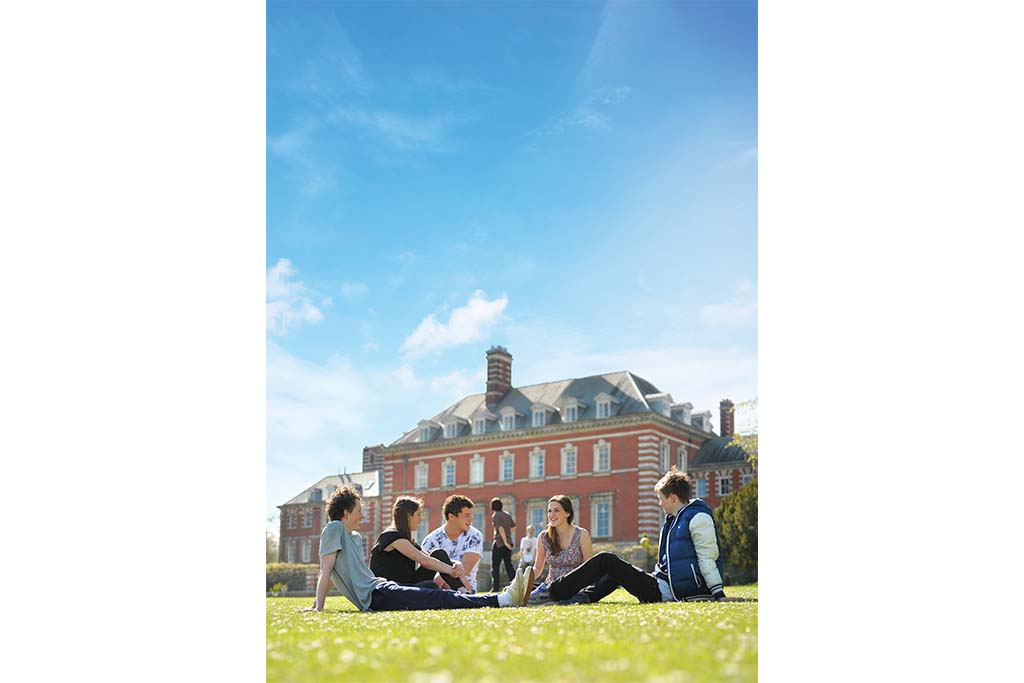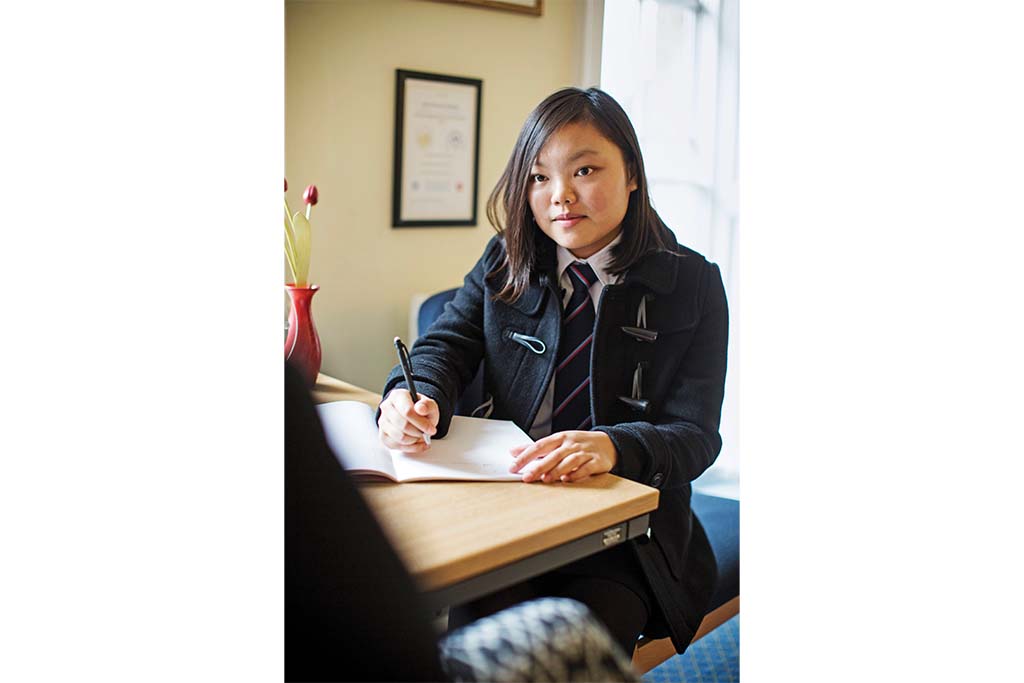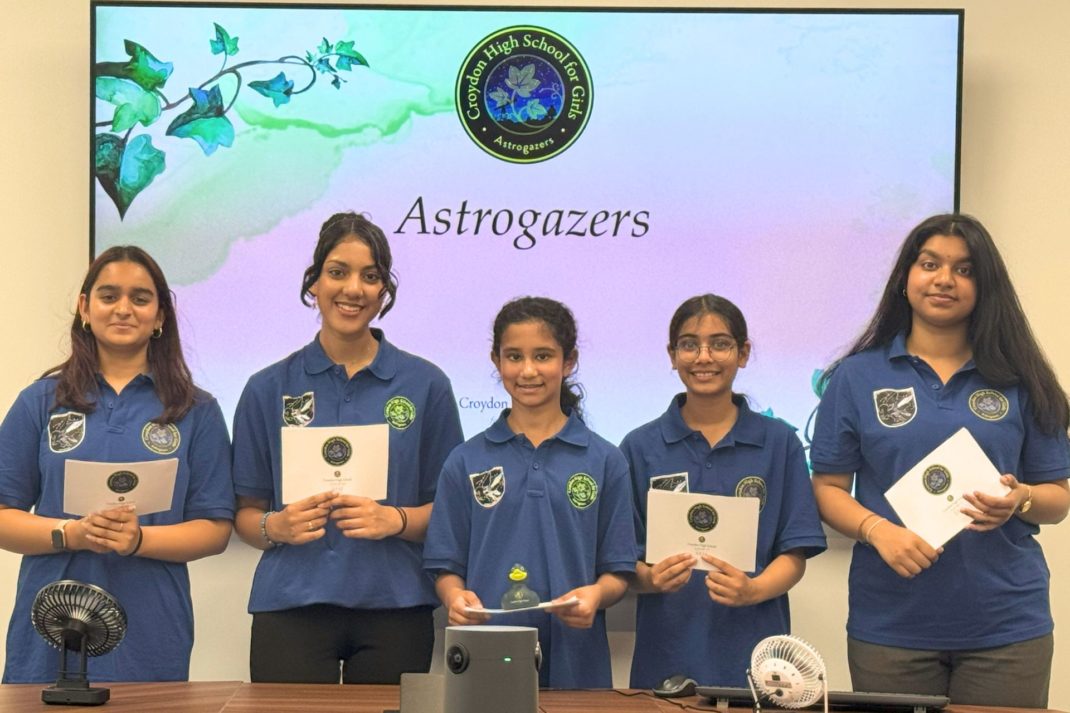Championing the International Baccalaureate
By
4 years ago

Max Davidson asks, has the A-level had its day? Is it time to embrace the IB with open arms?

Calling something a well-kept secret when it has been around for more than fifty years, in plain sight, might seem perverse, but that, sadly, is the reality of the International Baccalaureate (IB), which originated in Switzerland in the 1950s.
One would have thought that ambitious parents of teenage children would have a good general awareness of the educational options facing their offspring. But that awareness does not seem to extend to IBs, which might as well be an acronym for ‘irritable bowel syndrome’ as far as many parents are concerned. Do they just see the word ‘international’ and assume it is something foreign and un-British and leave it at that?
The extent of parents’ ignorance of IBs is laid bare in a recent YouGov survey of parents carried out on behalf of Fulham School in London, which is launching its sixth form this September and provisionally offering the IB curriculum on its purpose-built campus. It is currently an IB candidate school, awaiting ratification from the IB organisation.
Of the 1000-plus parents surveyed by YouGov, nearly half (46 per cent) had not even heard of the IB programme, while of those who had heard of it, a quarter (26 per cent) had not yet considered enrolling their children. They preferred what they regarded as the tried-and-tested educational route of GCSEs followed by A-levels.
The great irony is that, when it comes to getting children into university, about which parents care deeply, the IB programme can boast a significantly better track record than A-levels. According to the latest data, IB diploma students are 13 per cent more likely to attend a top higher education institute than A-level students. That simple statistic alone should make ambitious parents sit up and take notice.
The even greater irony is that, when the same parents were asked what kind of education they wanted their children to have in the sixth form, they pinpointed the very qualities which fans of the IB have been trumpeting for years – educational breadth rather than concentration on a small number of subjects.

Forty-two per cent of parents in the survey said they favoured an internationally recognised, holistic sixth form programme with up to six subject-specific courses, instead of the traditional three or four stand-alone subject-specific course offer of A-levels. In a nutshell, they want IB.
There was also widespread agreement amongst the parents surveyed that they would like their children’s school to focus on such qualities as confidence, critical thinking and taking responsibility – all of which the IB has been specifically designed to develop.
And if some parents might regard concepts like critical thinking as a bit wishy-washy, irrelevant in the working world, they must surely take note of the fact that, when it comes to the little matter of post-university earning potential, IB also seems to hold the edge.
According to data compiled by the Higher Education Statistics Agency in 2016, the median salary of a student who had studied the IB and gone on to hold a degree in Mathematical Sciences was substantially higher than that of A-level student graduating with the same degree.
Chris Cockerill, who is launching the new sixth form at Fulham School and was formerly head of sixth form at the North London Collegiate School, a leading IB school, was not surprised by the IB-sceptical attitudes revealed in the survey.
‘Selling something that is unfamiliar is always difficult, although we have been encouraged by the number of parents who studied A-levels themselves but want something better for their own children. Hopefully, over time, we will be able to demystify the IB model of education and make it more accessible.’

Part of the problem, he says, lies with children themselves and their limited appetite for academic studies during their giddy teenage years. ‘They see the IB programme as more rigorous and time-consuming than A-levels, with fewer free periods in the week. In my experience, it is children who are naturally curious and want to use their critical faculties, not just mug up on facts and figures, who are attracted to the intellectual breadth of IB.’
For Cockerill, one of the most underrated of human skills is simply ‘the ability to articulate your thoughts’. He has seen any number of bright pupils fall at this vital hurdle, perhaps because they have opted for science A-levels and no longer hone their skills in written English. ‘Where the IB programme has the edge over A-levels, in my opinion, is its encouragement of critical thinking across a broad spectrum of subjects throughout the sixth form.’
IB schools at their best, insist champions of the programme, are the antithesis of exam factories. Although pupils score an overall mark out of 50 at the end of their studies, it is made up of so many elements, including a written essay and teacher assessment, that there is not the same dependence on one-off exam results, with all the attendant stresses, which is the hallmark of A-levels.
For parents shopping around for schools, the biggest stumbling-block at the moment is that most schools do not offer a binary choice between A-levels and the IB programme – or offer the latter at all. Currently only 95 schools in the UK offer an IB Diploma, with the IB ‘league table’ topped by King’s College, Wimbledon and the North London Collegiate School. At the latter, which has a large sixth form, both IBs and A-levels are taught, with only about a quarter of pupils opting for IBs.
Sometimes the clue is in the name. At the Southbank International School in Westminster, for example, it is hardly surprising to find a flourishing IB programme. The school wears its globalist heart on its sleeve. But enthusiasm for IB extends beyond the capital.
‘Selling something that is unfamiliar is always difficult, although we have been encouraged by the number of parents who studied A-levels themselves but want something better for their own children. Hopefully, over time, we will be able to demystify the IB model of education and make it more accessible.’
Chris Cockerill, head of Fulham School, London
One leading IB champion is Sevenoaks School in Kent which, in 2006, took the radical step of moving wholesale from A-levels to IBs. It was the first major UK school to take the plunge but, according to headmaster Jesse Elzinga, the decision has been amply vindicated.
‘We now have one of the UK’s biggest IB cohorts, with over 200 students taking the Diploma,’ he says. ‘We get fantastic results. In 2020, our average score was 40.1, ten points above the world average. But the real joy of the IB Diploma, making it the best education in the world for sixth-formers, is its breadth. It pulls together aspects of creativity, action and service, producing rounded young adults with a range of skills and aptitudes. All in all, it is a superb preparation for university and the world of work, furnishing students with a global outlook and liberal, compassionate mind-set.’
Sadly, Sevenoaks remains an outlier. And below the sixth form offering there are even fewer candidates for the IB World School. Dr Christopher Stevens, Headmaster of rising star Bradfield College which offers the IB, is delighted that one of its feeder preps, St George’s School, Windsor Castle is to offer the Primary Years Programme but it is the first standalone prep school in the country to do so.
For parents of a progressive bent, the continuing perception that the IB is more niche than mainstream brings obvious frustrations. Even if they are persuaded of the case for IB, it is only one of several factors which they will want to take into account when planning where their children should study in the sixth form.
But, one way and another, the tide seems to be turning against A-levels, which used to be trumpeted as a gold standard. A recent, highly critical report by the EDSK think-tank, run by Tom Richmond, a former adviser to Michael Gove when he was Education Secretary, pointed out numerous flaws with A-levels – including, most damningly, the premature narrowing of what young people study.

In 2020, just 4.4 per cent of A-level students took more than three subjects – a drop of nearly half in the last four years alone. If that is not a narrow curriculum, what is? Compare that with France, where students of the same age study six compulsory subjects alongside two or three optional courses, Germany, where they take four or five subjects, or Ireland, where students taking the equivalent of A-levels take seven subjects.
If A-levels are under threat from IBs, they also have a rival in BTechs, which offer an increasingly attractive pathway to specialised apprenticeships. A few Eton and Oxford eyebrows were raised when Gavin Williamson said that he would be happy if his own children became apprentices instead of going to university. But it may prove to be one of his few telling contributions to the education debate.
One thing seems certain. After the turbulence of the last couple of years, and the rumpus about exam grades, parents and schools alike are going to have to re-examine the broader question of what sixth-formers should be taught and why. Have traditional A-levels become an educational strait-jacket for bright, inquiring minds? It will be an important national conversation and the International Baccalaureate needs to be a key part of it.
READ MORE FROM AUTUMN/WINTER 2021
Has University Had its Day? | Empower Our Children



